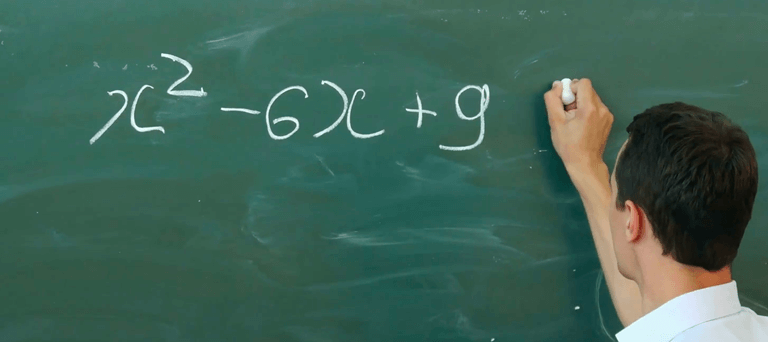Covering New Subjects as a Supply Teacher

As a supply teacher having to cover a subject which you are not qualified to teach, one has to show confidence and resilience whilst also dealing with classroom management and low level disruptive behaviour. In an ideal situation the exercise books, text books, PowerPoints and the required resources are at hand. You must remember that you are a font of knowledge through your own life experiences and that you can draw from this in many situations.
Here are a few helpful pointers:
1. Starting out
Start students with the "Do now/Starter." If there isn't a starter given, you can make one up e.g. How many 3 letter words or more can you make up from the word "decomposition" (relate it to the topic). This is good for all Key stages due to the competitive element. The starter gives you time to call the register, organise yourself, scan any PowerPoints and think things through. Note the longest word created! Praise students.
2. Recap
To create the impression that you know the subject, ask students what they did last lesson. Ask individuals to define subject specific terms. This is good because students want to show the teacher how much they know. Other students will correct the answers if needed and a discussion might ensue. Say things like "that was interesting" or "that fact is debatable" if unsure, but don't give misinformation. If a student asks you a direct subject specific question I often say "that's an interesting question. I'm not quite sure, but I'll find out for you." All of this helps to engage the students in the main task to come and makes them feel that you are a specialist. Remember, all teachers are great actors!
"Remember, all teachers are great actors!"
3. The main task
Don't just give instructions for the main task. Do the first part with the students, such as reading through the text with them, ask for volunteers to read and then encourage students to complete the set tasks independently. You can relax a bit now. Walk around the classroom, commenting aloud on good work and praising students.
4. The plenary
For the plenary go over the answers to questions by getting a consensus from the students or have a discussion. If the answer is unclear leave it out and move on. Here again engaging students gives them the impression that you might be a specialist.
5. Wrapping up
In the last five minutes, end by asking the book monitor or a volunteer to collect the books and get students to tidy up and check under their desks for rubbish. Praise the class as a whole for their good work and effort during the lesson. Job done. Success!
The author is an experienced Science teacher with over 35 years of teaching Physics, Chemistry and Biology from Key Stage up to A Level. He is now retired from full-time teaching and works through Zen Educate as a supply teacher.